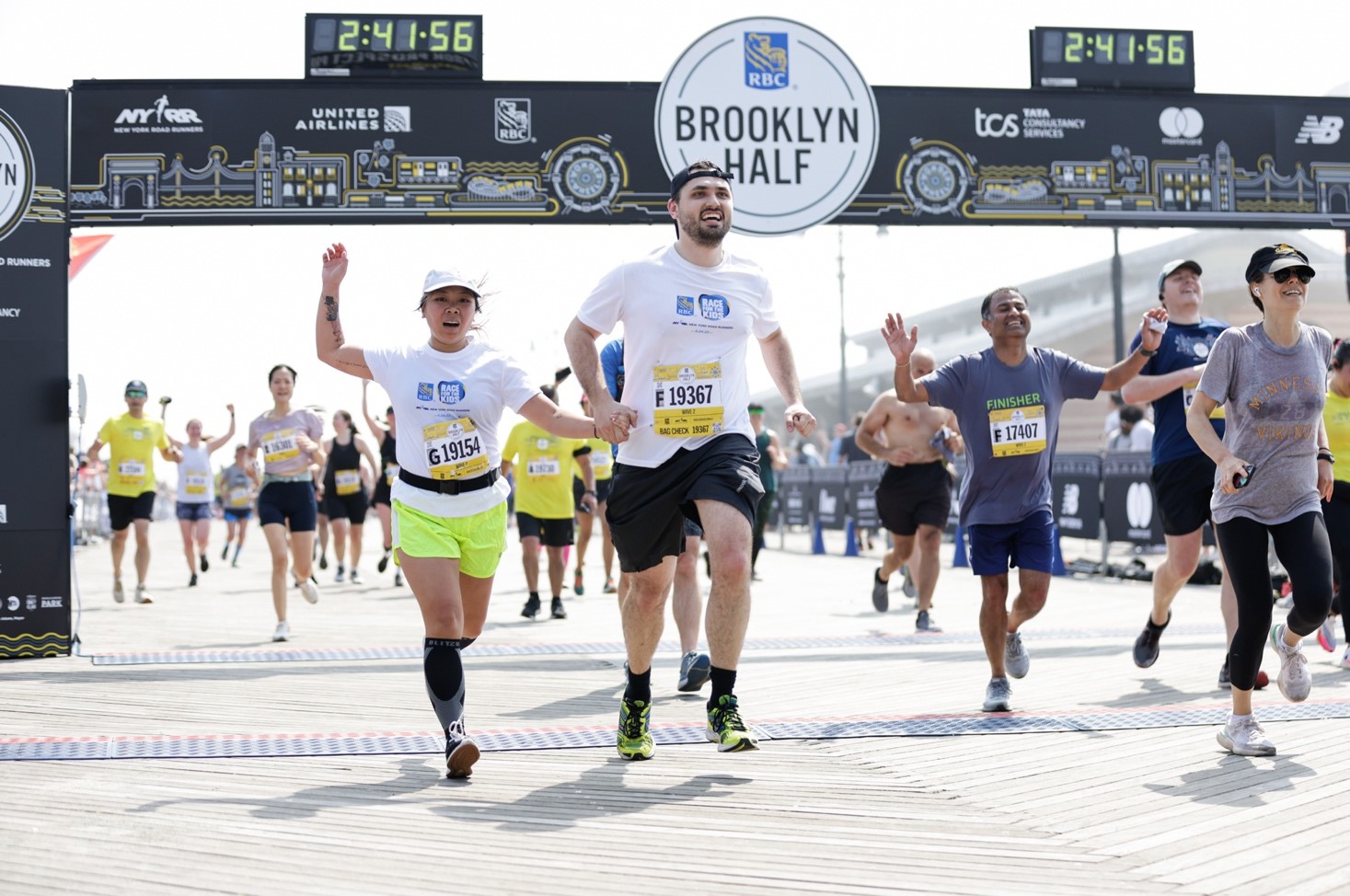New Jersey’s practically all-mail primary on Tuesday produced results in some of the state’s most closely watched contests despite concerns that Election Day would end in uncertainty.
Though there was little suspense, former Vice President Joe Biden won the Democratic presidential primary, and Democratic incumbent Sen. Cory Booker was victorious against his challenger.
In perhaps the most closely watched race, Amy Kennedy, the spouse of former Rhode Island Rep. Patrick Kennedy, defeated Brigid Harrison and others in southern New Jersey’s 2nd District Democratic primary. Kennedy won with the backing of Democratic Gov. Phil Murphy and had aired ads on broadcast TV.
Counting in other undecided races is guaranteed to continue throughout the month. Ballots postmarked by 8 p.m. on Tuesday have until July 14 to be counted, and issues with a voter’s signature can be remedied with county election officials until July 23.
New Jersey had no-excuse voting by mail before Tuesday, but the experiment with nearly all mail-in voting stemmed from the COVID-19 outbreak. Murphy mandated that all Democrats and Republicans get mail-in ballots, and unaffiliated voters be sent applications to join a party so they could participate. In-person voting was limited to provisional ballots, which would count only after officials verified mailed ballots weren’t returned.
In most election years, voting by mail is an unremarkable event. But this year is different because President Donald Trump railed against states’ efforts to expand access to voting by mail as an alternative to waiting in lines at polling places during the COVID-19 outbreak.
The president’s concerns were echoed by the state GOP, which asked the U.S. attorney to install federal election monitors for the primary. The state GOP’s concerns stem from alleged election fraud cases in Paterson during the May 12 municipal election that resulted in four men facing criminal fraud charges from the state attorney general. The men, including a Paterson council member and a council member-elect, have denied wrongdoing.
Local
Democratic and Republican voters on Tuesday expressed hope that the system would work.
Jennifer Strano, 48, is a medical office assistant student from Hamilton Township. She said she voted in her first election ever in 2016 for Trump and was casting her ballot to show support for him, even though he was uncontested.
She’s worried about how voting by mail will work, specifically, whether her vote will be counted. But she sounded hopeful.
“I’m hoping that my vote gets counted. I’m just going to have to have faith in the system that it gets through and that my voice is heard,” she said.
Shivangi Desai, 28, is a state worker from Lawrenceville. She said she preferred voting by mail and said the process was easy because voting in person means possibly missing the chance to vote if work runs late or you can’t get to the polls for another reason.
“It was really easy and I feel like if a lot of states did this, or if a lot of counties did this, it would help getting accurate vote counts,” she said.
Murphy suggested Monday that his administration would conduct a review of how the election went to help decide what to do in the fall. He also warned against any election fraud.
“We’re going to be watching very closely for any shenanigans that we hear about — any voter suppression, anybody who’s trying to job the system,” he said.
As for the races themselves: Trump faced no opposition.
Biden won his contest over U.S. Sen. Bernie Sanders. Biden has already become the party’s presumed nominee, and Sanders had already ended his campaign, though his name was on the ballot.
Booker defeated primary challenger Lawrence Hamm, who ran on Sanders’ Not Me Us slogan.
Republican Rik Mehta, a business executive with a law degree and a doctorate in pharmacy, has establishment support in many counties. He faces Hirsh Singh, who ran unsuccessfully for governor in 2017; Patricia Flanagan, of Lawrenceville; Natalie Lynn Rivera, of Merchantville; and Eugene Anagnos, of East Hanover.
The state’s 12 House districts are also hosting primaries.
Most attention has focused on two southern New Jersey districts.
In the 2nd District, Kennedy, a former teacher and member of the Kennedy political family defeated political science professor Brigid Harrison and Booker aide Will Cunningham. Kennedy will take on Republican Rep. Jeff Van Drew, who won his own primary Tuesday, in November. Van Drew left the Democratic Party this year when he opposed impeaching the president. He faces a primary challenger, Robert Patterson, of Ocean City, but is expected to win.
In the 3rd District, Republicans David Richter and Kate Gibbs are competing to take on freshman Democratic Rep. Andy Kim. Richter, a former executive at Hill International, had planned to run in the 2nd District when Van Drew was still a Democrat, but switched to the 3rd after Van Drew’s defection. Candidates need live only in the state, not their particular district, to become a House member.
Gibbs is a former Burlington County freeholder.
Elsewhere, Democratic incumbent Reps. Frank Pallone, Donald Payne Jr., Albio Sires and Bonnie Watson Coleman fended off challengers. The state’s only other Republican House member, Chris Smith, also won his primary in the 4th District.



